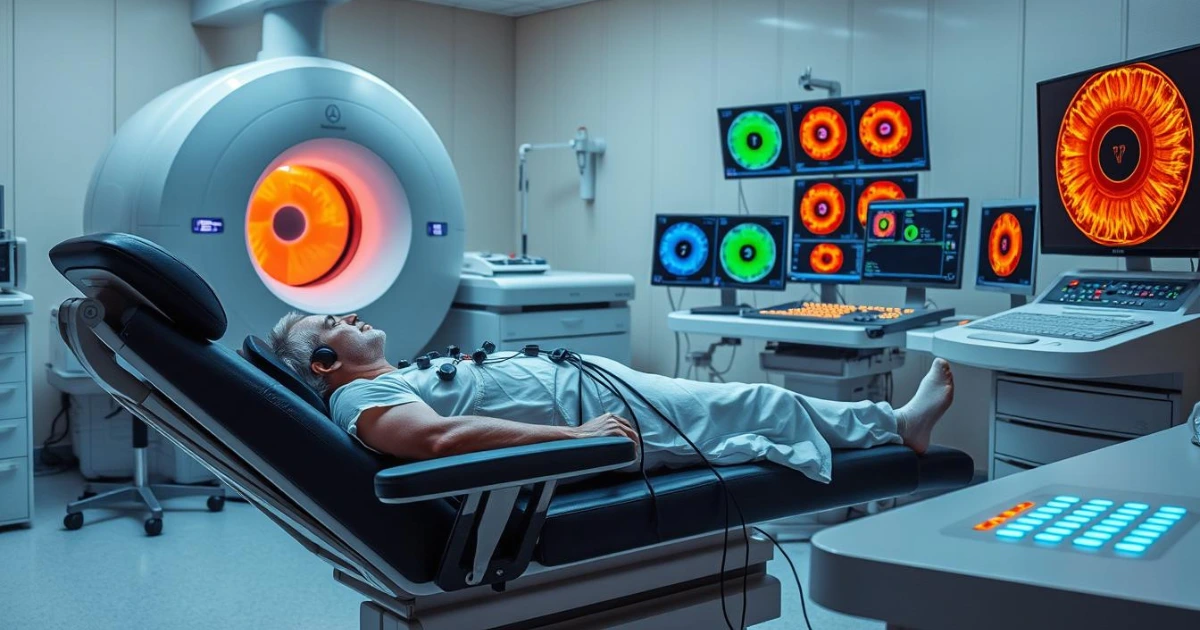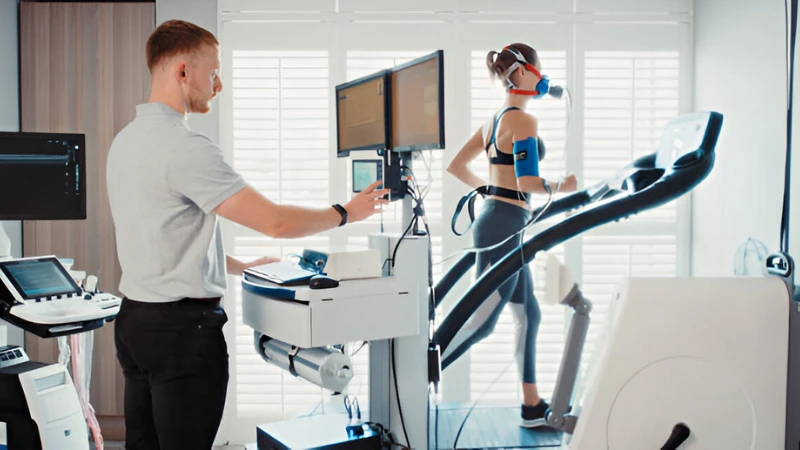Gratitude: A Powerful Tool for Happiness
Table of Contents
The Power of Gratitude: Unlocking Happiness
In today’s fast-paced world, it’s easy to get caught up in the hustle and bustle of everyday life. We’re constantly chasing after goals, seeking success, and striving for more, often overlooking one simple but incredibly effective tool for enhancing our happiness: Gratefulness. If you’ve ever felt a deep sense of contentment after reflecting on what you’re thankful for, you’ve experienced the power of gratefulness. In this article, we’ll explore how Gratefulness can serve as a powerful tool for happiness, its many benefits, and how you can incorporate it into your daily life.
What Is Gratitude?
Gratitude is the practice of acknowledging and appreciating the good things in your life. It’s the recognition of the positive, even amidst difficulties, and the act of being thankful for what you have. While it may seem simple, gratefulness is a profound emotional experience that has the potential to transform your perspective, your relationships, and even your health.
The Power of Gratitude: Unlocking Happiness
The Psychological Benefits of Gratitude
Gratitude is more than just a feel-good practice; it’s a tool for mental well-being. Studies have shown that practicing gratefulness can significantly improve mood, increase feelings of contentment, and even reduce symptoms of depression and anxiety. When you focus on the positive aspects of your life, rather than dwelling on what’s missing, your brain releases feel-good chemicals like dopamine and serotonin, which play a crucial role in your emotional well-being.
Key Psychological Benefits:
- Improved Mental Health: Regular practice of Gratefulness can lead to reduced stress, anxiety, and depression.
- Increased Resilience: People who practice gratefulness tend to be more resilient and adaptable when faced with life’s challenges.
- Enhanced Self-Worth: Gratefulness boosts your self-esteem and helps cultivate a positive self-image.
The Physical Benefits of Gratitude
It might surprise you to learn that gratefulness isn’t just good for your mind; it can improve your body’s health too. Research has found a link between feeling thankful and better sleep, lower blood pressure, and a stronger immune system.
How gratefulness Enhances Physical Well-Being:
- Better Sleep: People who express gratefulness regularly report better quality sleep, as gratitude calms the mind and reduces negative thoughts.
- Reduced Stress: recognition helps to lower stress hormone levels, making you feel more at ease and less stressed in daily situations.
- Healthier Heart: By reducing the negative emotional states like anxiety or frustration, recognition promotes heart health.
How to Practice Gratitude for Happiness
So, how do you use the power of Gratefulness to boost your happiness? Incorporating gratefulness into your life doesn’t need to be a complex task. Here are several simple and effective ways to practice recognition every day.
1. Keep a recognition Journal
One of the simplest ways to practice Gratefulness for happiness is to keep a recognition journal. Each day, write down 3-5 things you are thankful for. These can be big or small—everything from your morning coffee to a supportive friend. Regular journaling helps shift your focus towards the positives in your life.
2. Express Gratitude to Others
Taking the time to thank others for their actions, even for small favors, not only makes them feel good but also increases your own feelings of appreciation. A simple “thank you” goes a long way in building a positive environment around you and nurturing meaningful relationships.
3. Practice Mindful Gratitude
Mindfulness involves paying full attention to the present moment. By practicing mindful recognition, you tune in to what you’re thankful for in your life at any given moment. Whether it’s the warmth of the sun, the smile of a loved one, or the fresh air you breathe, appreciating the now can bring tremendous happiness.
4. Use Gratitude as a Tool During Challenging Times
When faced with obstacles or setbacks, it might be hard to feel thankful. However, acknowledging the small things in your life, or the lessons you’ve learned from adversity, can help you build a mindset of growth and resilience.
Benefits of Gratefulness
By practicing Gratefulness regularly, you can expect to see significant changes in your emotional state, relationships, and even your physical health. Below, we’ve compiled some of the key benefits that come from embracing recognition in your daily routine.
Mental Clarity and Focus
When you make a conscious effort to be grateful, you learn to let go of unnecessary worries. As a result, your mind becomes clearer, and you’re better able to focus on what truly matters. Gratefulness allows you to prioritize what is important, creating a sense of direction and purpose.
Stronger Relationships
Gratitude is the foundation of strong and healthy relationships. Expressing your appreciation towards others fosters mutual respect, trust, and positive feelings. Whether in a romantic partnership, friendship, or family relationship, showing recognition encourages a loving and supportive environment.
Increased Optimism
Gratefulness encourages you to see the glass as half full rather than half empty. This positive outlook naturally leads to greater optimism about the future and less fear of the unknown. Grateful people tend to expect good things to come their way and face challenges with an optimistic attitude.
Fewer Negative Emotions
People who regularly practice gratitude are less likely to engage in negative emotions like jealousy, resentment, or anger. Instead, they cultivate more positive emotions such as compassion, kindness, and love. Recognition keeps negative energy at bay, contributing to a happier, more peaceful mindset.
The Science Behind the Power of Gratitude
The power of gratitude isn’t just theoretical; it has been supported by numerous scientific studies. The scientific community has long recognized the benefits of Recognition in enhancing well-being. In one study, participants who kept a gratefulness journal reported better overall happiness and life satisfaction compared to those who focused on negative events or stresses.
Studies also show that gratitude can promote positive behavior change. When you acknowledge the things you’re grateful for, you are more likely to take positive actions, like being more generous, helping others, and maintaining healthier habits.
Frequently Asked Questions (FAQs)
How often should I practice recognition to see results?
While there’s no strict rule, the more often you practice recognition, the better the results. Try to make it a daily habit—whether through journaling, expressing gratitude to others, or taking time to reflect. Even dedicating 5–10 minutes each day can make a noticeable impact.
Can gratitude improve my relationships?
Yes, gratitude plays a key role in strengthening relationships. When you express appreciation to those around you, it fosters goodwill, respect, and positive energy. Whether in personal or professional settings, recognition can deepen connections and improve overall relationships.
Can recognition reduce stress and anxiety?
Absolutely. thankfulness helps reframe negative thoughts by focusing on what’s going well in your life. When you acknowledge positive aspects, you reduce feelings of worry and anxiety, ultimately creating a calming, more peaceful mindset.
What’s the easiest way to start practicing gratitude?
A great place to start is with a recognition journal. Dedicate a few minutes each day to write down things you’re thankful for. Start simple and gradually build the practice as it becomes a natural part of your routine.
Conclusion: Embrace the Power of Gratitude
Gratitude is a simple yet profoundly effective tool for creating happiness. By incorporating thankfulness into your daily life, you begin to transform your mindset, enhance your well-being, and build stronger relationships with others. The benefits of recognition are vast, from improved mental health to better physical health and everything in between. As you embrace Gratefulness, you’ll unlock its true power and create a life filled with happiness, optimism, and peace. Start today—reflect on the positives in your life, and feel the transformative effects gratitude can have on your overall happiness.
Call to Action: Take a moment right now to reflect on three things you’re grateful for. Share them in the comments below, and start your journey toward a more grateful, happier you!
Any other feedback or suggestions?
There are no reviews yet. Be the first one to write one.







